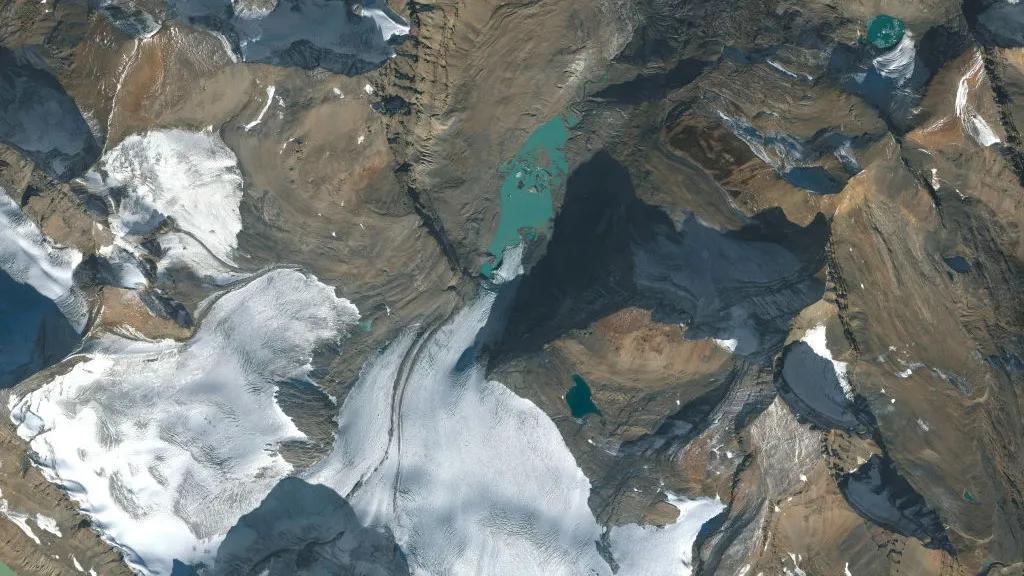
North America & Europe’s Glaciers Lost Unprecedented Ice in 4 Years: Study
In a stark warning about the devastating impact of climate change, a recent study has found that glaciers in Washington, Montana, British Columbia, Alberta, and the Swiss Alps have lost an unprecedented amount of ice between 2021 and 2024. The research, published in the journal Geochemistry, Geophysics, Geosystems, reveals that these glaciers have shrunk at an alarming rate, with some experiencing losses of up to 13%.
The study, which analyzed satellite data and field measurements, found that glaciers in the United States and Canada lost an average of 24.5 billion tons of ice per year between 2021 and 2024. This is more than twice the amount of ice lost between 2010 and 2020, a period that was already marked by significant glacial melting. In contrast, glaciers in the Swiss Alps lost an average of 1.7 billion tons of ice per year during the same period.
The researchers attribute the unprecedented ice loss to rising temperatures and changing precipitation patterns, which are altering the delicate balance of snow and ice on these glaciers. As the planet continues to warm, the consequences of glacial melting will only continue to worsen, posing significant threats to global sea levels, water supplies, and ecosystems.
Glaciers play a crucial role in regulating Earth’s climate, and their melting can have far-reaching and devastating impacts. For example, changes in glacier mass can affect global sea levels, which can lead to more frequent and severe coastal flooding. Additionally, glacial melting can alter the distribution of freshwater and affect ecosystems, leading to the loss of biodiversity and the collapse of entire food chains.
The study’s findings are particularly concerning given the relatively short time period over which the glaciers have lost such significant amounts of ice. “This is an unprecedented rate of change,” said Dr. Luke Copland, a glaciologist at the University of Ottawa and co-author of the study. “Glaciers are responding very quickly to changes in climate, and this has significant implications for global sea levels and ecosystems.”
The Swiss Alps, in particular, are known for their fragile and sensitive glacial ecosystems. The region’s glaciers are critical to the local water supply and support a unique and diverse array of plant and animal species. However, the rapid melting of these glaciers is threatening the very existence of these ecosystems.
The study’s findings also highlight the urgent need for action to address climate change. As the planet continues to warm, the consequences of glacial melting will only continue to worsen, and the window for action is rapidly closing. Governments, policymakers, and individuals must work together to reduce greenhouse gas emissions and transition to a more sustainable and environmentally friendly economy.
In conclusion, the study’s findings are a stark reminder of the devastating impact of climate change on our planet’s glaciers. The rapid melting of glaciers in North America and Europe is a warning sign that we cannot ignore, and it is imperative that we take immediate action to address the root causes of this crisis.
Source:
https://agupubs.onlinelibrary.wiley.com/doi/10.1029/2025GL115235






